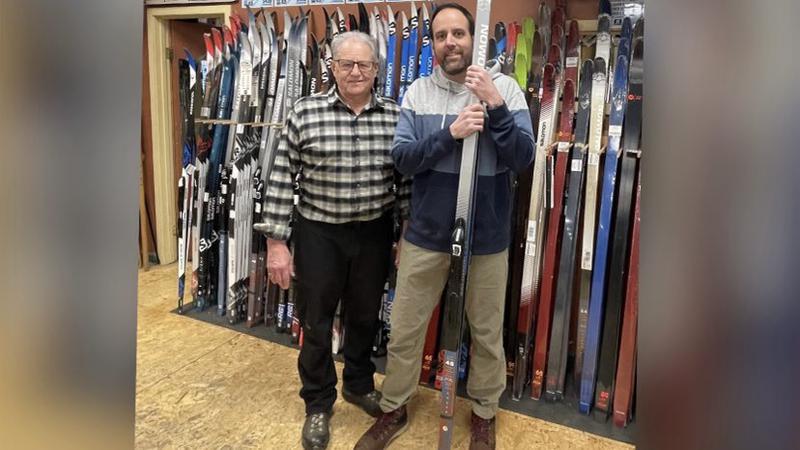
Cooke golf rates could be going up
Bumping up the season trail fee at Cooke Municipal Golf Courses by more than 60 per cent will bring thousands of dollars to the city, says Prince Albert’s mayor.
Greg Dionne proposed the idea of increasing the season trail fee from $215 to $315 at Monday night’s executive council meeting. The city-owned golf course is currently looking to increase all rates and fees by three per cent this year. The increase is intended to help cover the costs of improvements.
Dionne said the extra hundred dollars would go a long way for the city.
“If I do my math right, with the number of carts that do use our [golf course] it would generate about an extra $10,000 in revenue,” he said. “Well, that $10,000 would go a long way in refurnishing our trails.”


